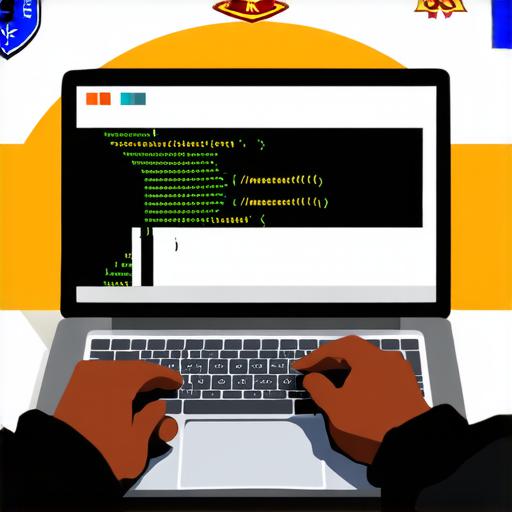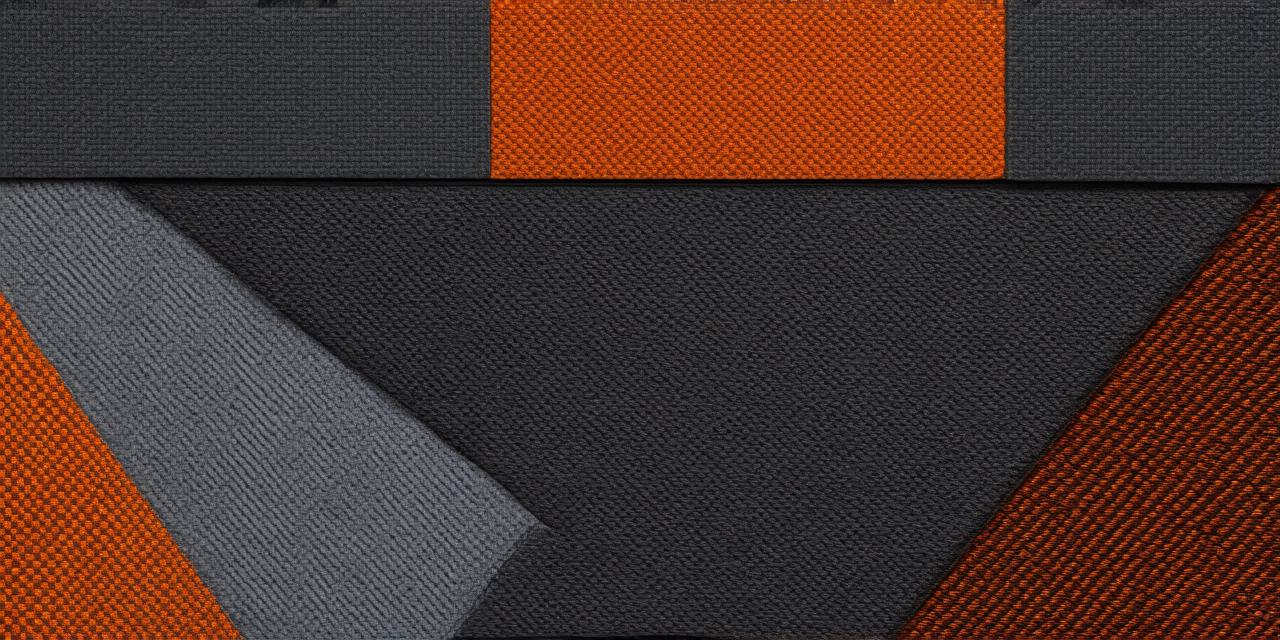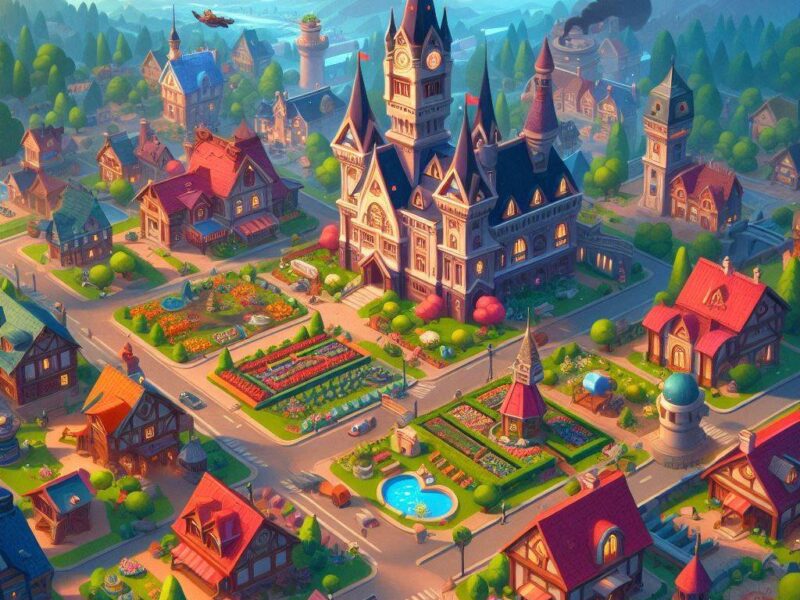
In the dynamic world of web design, standing out is not just about aesthetics; it’s about possessing the right blend of skills and knowledge.
1. Mastering the Basics: HTML, CSS, and JavaScript
HTML (HyperText Markup Language) is the backbone of any website, CSS (Cascading Style Sheets) gives it style, and JavaScript adds interactivity. These three languages are essential for any aspiring web designer. Start with online tutorials, coding bootcamps, or university courses to get a solid foundation.
2. Understanding User Experience (UX) and User Interface (UI)
Good design is not just about how a website looks; it’s about how users interact with it. UX/UI design principles help create intuitive, user-friendly websites. Familiarize yourself with design patterns, wireframing tools, and usability testing methodologies.
3. Embracing Responsive Design
With the rise of mobile devices, responsive design has become a necessity. This approach ensures that your designs adapt to different screen sizes, providing an optimal viewing experience across all devices.
4. Dabbling in Graphic Design
While not always required, having a basic understanding of graphic design can give you an edge. Tools like Adobe Creative Suite (Photoshop, Illustrator, and XD) are widely used in the industry.
5. Gaining Real-World Experience
Internships, freelance projects, or collaborative work on personal projects can provide valuable hands-on experience. These opportunities allow you to apply your skills in a practical setting and build a portfolio that showcases your abilities.
6. Staying Updated with Industry Trends
Web design is an ever-evolving field. Keep yourself updated by following industry blogs, attending webinars, and participating in online forums. Listening to experts’ opinions and incorporating their insights can help you stay ahead of the curve.
7. Networking and Collaboration
Networking with other designers, developers, and industry professionals can open up opportunities for collaboration, mentorship, and job prospects. Attend local meetups, join online communities, or participate in design challenges to expand your network.
FAQs
1. What tools are essential for web design?
HTML, CSS, JavaScript, Adobe Creative Suite (Photoshop, Illustrator, XD), Sketch, Figma, and various prototyping tools like InVision or Adobe XD.
2. How can I build a portfolio to showcase my work?
By taking on freelance projects, collaborating on personal projects, or creating your own websites to demonstrate your skills and design sensibilities.
3. Is a degree necessary to become a web designer?
While a degree can provide a solid foundation, it’s not always required. Many successful web designers are self-taught or have learned through online courses and practical experience.


